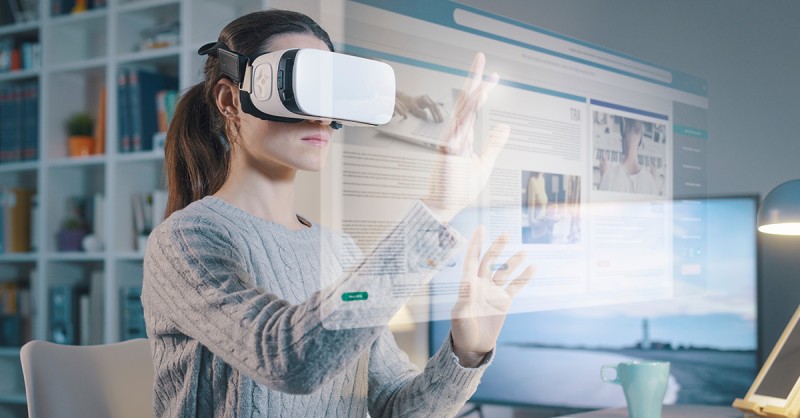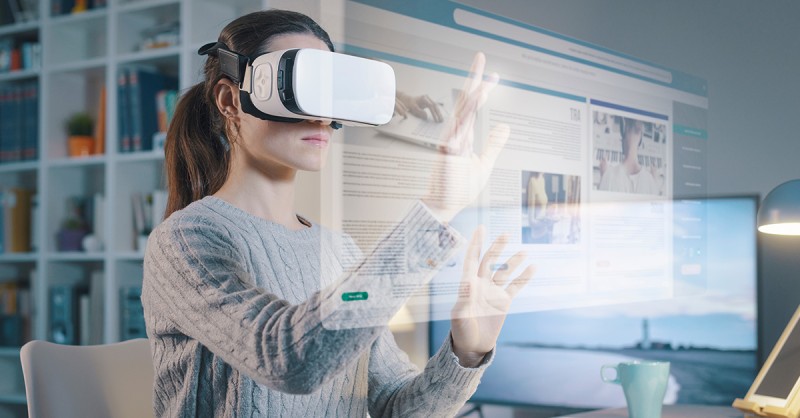
A few years ago, the metaverse was heralded as the future of work, a virtual escape from daily commutes and endless video calls. Tech leaders like Mark Zuckerberg promised immersive virtual offices where employees could collaborate seamlessly using headsets. But fast-forward to today, and the metaverse as a workplace revolution has largely floundered.
Despite setbacks, new integrations—particularly with artificial intelligence (AI)—are sparking a second wind for the metaverse. Here’s a look at the journey so far, the lessons learned, and how AI could transform the virtual workplace.
The Rise and Fall of the Metaverse Hype
When Meta (formerly Facebook) launched Horizon Workrooms, it envisioned a virtual workspace where teams could meet and collaborate. By 2022, a PwC survey reported that 51% of U.S. companies were exploring or using VR in their strategies. Startups and tech giants jumped in, eager to define the next frontier of remote work.
However, the excitement waned. Companies like Mozilla shut down their platforms, and VR-focused startups like Glue went bankrupt. Even tech giants such as Meta and Microsoft scaled back investments in virtual collaboration tools. Experts like Eric Shaffer, a computer science professor, describe this as the natural downturn of a “cycle of hype and disillusionment.”
But a lot of things went wrong:
- Barriers to Adoption: Expecting employees to wear bulky headsets for hours a day proved impractical.
- High Costs: Building and maintaining virtual workspaces required significant investment with limited immediate returns.
- Lack of Clear Use Cases: Many companies struggled to define how VR would meaningfully improve productivity beyond existing tools.
While the initial vision faltered, survivors in the metaverse space are now looking to AI to unlock its potential. Instead of replacing traditional workplaces entirely, these companies are using AI to enhance collaboration, productivity, and training.
Optimists point to a range of valuable use cases for VR and AI integration, including:
- Virtual Brainstorming: Teams can collaborate in dynamic 3D environments, sparking creativity.
- Training Simulations: VR provides immersive soft skills and technical training powered by AI for personalization.
- Multi-Screen Productivity: VR eliminates the need for multiple physical monitors, enabling users to work with several screens in a virtual environment.
Looking Ahead: The Hybrid Future of Work
The initial vision of a fully immersive, headset-dependent office may have been premature, but the integration of AI is breathing new life into the metaverse. Leaders like Fleischmann believe that AI’s ability to enhance content, visualize data, and act as intelligent agents will bridge the gap between physical and virtual workplaces.
As the hype settles, what emerges is a more grounded vision for the metaverse—a hybrid workspace enriched by AI, where virtual tools complement traditional methods. The metaverse may not have revolutionized the office overnight, but its evolution is far from over.
Source: https://www.ft.com/content/8a90cdb7-afc5-4c90-954c-e5873478d3b1
